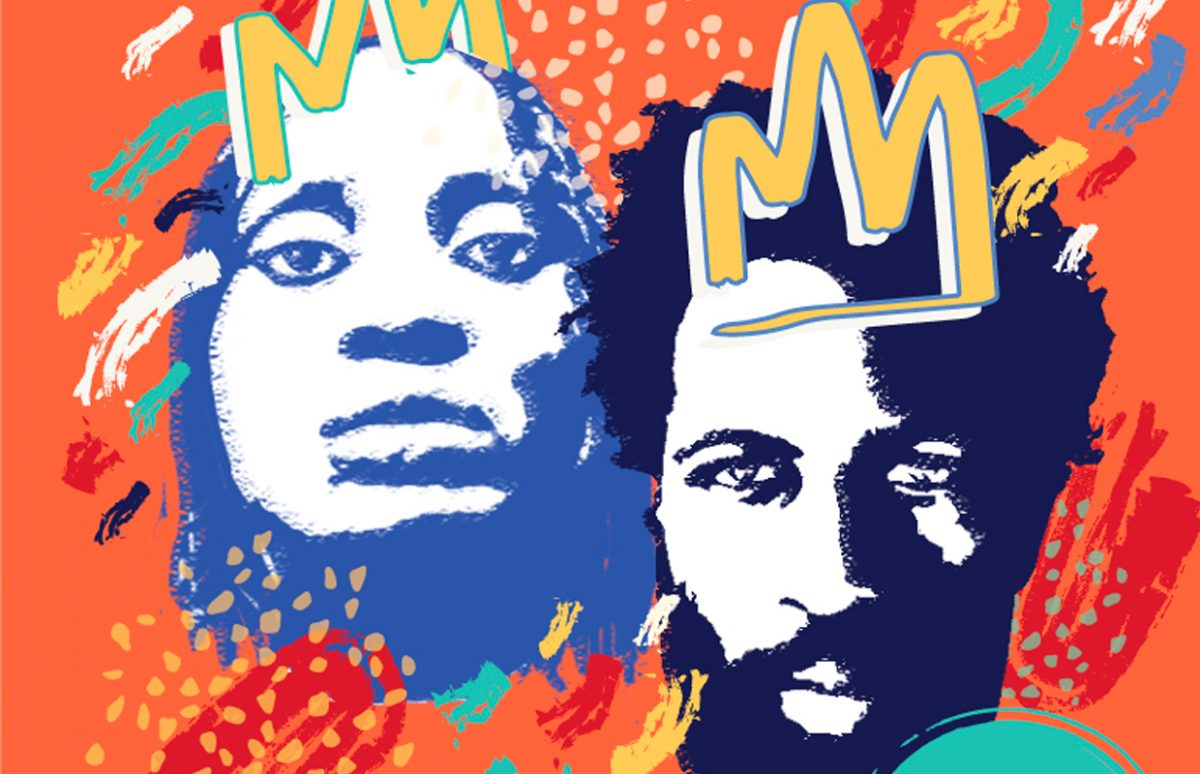
If you are using our Murder on the Orient Express Resource with your students, this introductory scene from the film is a great way to introduce the characters. It’s 9 minutes long but with limited dialogue and pupils should be reassured that they are not expected to understand every word. They should have a grid … Continue reading “Teaching With Film: Murder on the Orient Express”

Nous serions ravis de recevoir des exemples d’erreurs génériques que vos élèves font tout le temps afin de vous proposer en retour des méthodes efficaces pour aider les élèves à éviter ces erreurs. Par exemple, confondre les noms dénombrables et indénombrables : “I read much books.” Ou se tromper dans l’ordre des mots: “I speak very well … Continue reading “Help Us Help You Avoid Student Errors”

La collection de manuels Thumbs up! s’agrandit avec l’arrivée dans vos casiers de Thumbs up! 5e. Voici la bande annonce ! Fortement ancré dans la culture anglophone, riche en documents authentiques, Thumbs up! 5e propose de nombreux parcours différenciés pour permettre tous les élèves de progresser. Pour en savoir plus.

Parmi les idées d’évolution du Baccalauréat figure la perspective d’un « grand oral » qui valoriserait les compétences de l’oral. Or, la confiance nécessaire pour parler devant ses camarades, toute la classe, voire un jury, n’est pas innée et les élèves doivent y être régulièrement entrainés. Les langues peuvent jouer un rôle non négligeable dans … Continue reading “Oral Participation in Class: Ideas from Britain”

The theme of World Oceans Day, 8 June, is the problems caused in the oceans by plastic pollution, a subject which is very much in the news at the moment. There are some great videos and teaching resources on this topic. And more to do in Plastic-Free July. This wordless video, “How will you celebrate … Continue reading “Fight Plastic Pollution”

Mandela Day, 18 July, is a United Nations International Day in honour of Nelson Mandela. The date is his birthday, and 2018 marks the centenary of his birth. As well as our Ready to Use Resource and BioBox quiz, here are some online resources for classroom use about Mandela Day. Our downloadable BioBox quiz is … Continue reading “Mandela Day Digital Resources”

Juneteenth is an American celebration marking the end of slavery, when news of the Emancipation Proclamation finally reached the last U.S. state, Texas on June 19, 1865. Read more about the history and traditions of Juneteenth in our article. If you would like to introduce your pupils to the event, these resources will help you. … Continue reading “Juneteenth Webpicks”

Il est assez courant d’entendre que, dans le cadre d’une pédagogie active et promouvant la démarche heuristique, “tout” doit venir des élèves sans que soit réellement précisé ce que “tout” recouvre ou ce que “venir des élèves” veut dire. Peut-être convient-il déjà de rappeler qu’en matière de pédagogie, il est assez handicapant et limitatif d’avoir … Continue reading “Tout doit venir des élèves… ou pas…”

2018 marks the two hundredth anniversary of the publication of Frankenstein, a novel which has gone on to occupy a unique place in the collective imagination. In this A2+ article, your pupils will discover Mary Shelley, the teenage author who lived an exceptional life. These documents about Mary Shelley could be part of a larger … Continue reading “Mother of Frankenstein”

In this A2 article your students will learn about Prince Harry and his future wife in relation to their jobs as members of the Royal Family, as well as about their wedding, which will be celebrated on 19 May. The second part of the article introduces charities, always a source of interest for students. Vocabulary … Continue reading “Royal Wedding”














